Please describe your role and responsibilities, how many years you have been in the company?
I’ve been with PFG for eight years and I’m responsible for delivering the community strategy within our PFG Social Impact Programme. I manage a number of different funding partnerships, as well as engaging with key external stakeholders on relevant community issues and to provide non-financial support.
Our strategy supports our purpose of putting people on the path to a better everyday life and focuses on addressing the barriers to social and financial inclusion. In terms of supporting communities to do that, we work with a number of community foundations across the UK. We currently have six funds in place which are managed by the community foundations. This model works well from a corporate funding perspective because it gives us access to the community foundations’ expertise which is rooted in local knowledge of the issues impacting communities. They know and understand the local voluntary sector landscape and they also apply their due diligence rigour to the funding process, which helps us to mitigate risk. My role includes managing these partnerships and working with the community foundations to adapt our funds in response to local need, and more recently, emerging Covid-related issues. I also help to chair the grants panels which allow us to get our colleagues involved in the grant-making process.
A key element of my role is ensuring colleague engagement, so I work with other members of the team to deliver volunteering activities, fundraising campaigns and other giving opportunities. We have a great comms team who help us to get our messages out there, both internally and externally. We know that people want to work for businesses that do good things in their communities but they also want to get involved, so we work hard to ensure we have a strong share of voice across all our comms channels in order to keep our programme front of mind for colleagues. There’s so much great stuff going on that it can be hard to keep on top of all the good news stories sometimes!
Through our partnership with Leeds Community Foundation I’ve become a Trustee for them which has certainly been mutually beneficial in terms of our Social Impact Programme. I get involved in a variety of areas off the back of this, obviously all things governance-related but especially around their investment activity in Bradford where PFG is head quartered. In fact, we underwrote eighteen months of philanthropic development work for them in the city. This type of partnership means that PFG has a seat at the table alongside key stakeholders in the city and can leverage our networks effectively to add value whenever we can as part of a broader strategic approach.
A requirement of all trustees is committee membership, so I sit on both the Impact & Grants Sub Committee and Remuneration & Nomination Sub Committee. The former has given me the opportunity to share learnings from my LBG/B4SI reporting experience over the years. It’s also meant that I’ve been able to share third sector insight with LBG/B4SI.
And a bit of a new area for me. A recent project has seen me working with one of our money advice partners on an innovative digital platform which we’ll be launching soon to our customers soon – this has been a new area for me personally and I’ve learnt a huge amount about financial vulnerability alongside a social enterprise partner.
What was your background previously and where did your interest in community begin?
Well I originally wanted to work on a trading floor and used to walk around my parents’ living room shouting (very aggressively) “Buy! Sell!” into the remote control. This was the late 80s and some of you may remember the series Capital City – that’s where I was getting all this from. My 18 year-old self calmed down a bit and chose to pursue a career in marketing where I’ve worked both agency and client-side, but always in the financial services sector (so I did get to work on ads for some of the big fund managers in the end).
When I moved out of London to Yorkshire (I’m married to a born and bred Yorkshireman and there was no way he was moving), I got into one of my previous clients, Aviva, where I initially worked in marketing collective investments and offshore bonds. But it wasn’t where my heart was and I had been contemplating a career change into the voluntary sector. Fortuitously I was offered a CR Communications Manager role and I jumped at the opportunity. My focus developed into community investment and I led the public affairs workstream for our work on child homelessness. It was a steep learning curve as I’d never worked with political stakeholders before, but I seized the challenge and ran with it. I felt passionately about the cause and working with the UK’s leading charity in this field, The Railway Children. Working with some great people I had some significant wins including tabling the first ever House of Lords debate on child runaways. I also represented the business at the All-Party Parliamentary Group for Runaways and Missing Children and Adults. I particularly remember my meeting with David Blunkett in his office at Portcullis House where I spent the whole time with his guide dog Sadie’s head on my knee – I was somewhat distracted from the case in hand.
This experience opened my eyes to how much could be achieved through collaborative corporate and voluntary sector partnerships, and how much value there was in non-financial support as well as the more traditional philanthropic element of community investment.
What is your biggest personal/professional accomplishment or learning so far?
Undoubtedly, the most important learning for me has come from putting myself at the coal face of voluntary sector service delivery. So the learning is this – not to sit in an ivory tower and make funding decisions about things without first spending time with projects to see the work they do and the challenges they face. As a funder, we’ve always been at pains to engage with the organisations we fund to truly get under the skin of what they do, how they do it and, most importantly, what would help them do it better, be that financial or non-financial support.
My conversations have shown me that frustratingly, many voluntary organisations find themselves having to fulfil unrealistic requirements from funders and they are often scared to say “no” as this makes them fearful of a negative impact on future support. As a corporate sector we should work collaboratively with our voluntary sector partners to evolve our support to reflect their needs. I hear a lot of stories about demands made by funders which result in charities having to divert already-scarce resource away from service delivery, fundraising or other vital work, to fulfilling something which won’t ultimately support their community. It’s about balance, mutual respect and having open, honest conversations more than anything. As funders our collective motivation should be to encourage the development of sustainable voluntary organisations and communities, and help them to implement whatever it takes to do that. We have to put more trust in their ability to deliver what their communities need and to give them enough flexibility within our funding to do that, for example by providing core costs or less restricted funding.
How has your community investment programme evolved at your company?
PFG’s purpose is to help put people on the path to a better everyday life and our programme has developed over time to support this and demonstrate to our colleagues, customers and investors that we take our commitment to social impact seriously.
Our business was founded in 1880 and has always had a strong philanthropic philosophy which even saw us funding a Spitfire to contribute towards the war effort. When I joined the business, our Good Neighbour Programme was only a few years old. It was well-researched and absolutely fit for purpose at that point. As time passed though, we found that we were funding more and more organisations. Our approach has always been to support the smaller organisations which are rooted in the communities we serve, so although this tack was the right one, with a small team, it was becoming more difficult to maintain the close relationships I’ve cited as being so important. That’s when we made the decision to work with community foundations to leverage their knowledge and expertise whilst still allowing us to reach those smaller vital players.
All of our activity seeks to address the barriers to social and financial inclusion so in addition to our Communities pillar, we have two others – Customers (financial vulnerability and money advice) and Education (literacy, numeracy and employability). This means that we can focus our investment strategically into the areas that will have the most social impact, working with partners across these three areas who can best support us to deliver real value.
Please tell us about how you have supported the community during Covid-19.
We initiated conversations with our partners almost from day one as we wanted to understand how we could best support them. In fairness, this was a difficult question as no-one really knew how to answer it at that point and we definitely couldn’t have predicted how long the pandemic would last. Our overriding line has been to be flexible. That’s meant being flexible in how our funding has been used, in the reporting requirements, the time frames etc.
With our community foundation partners it’s been about maintaining pipeline funding for their core services and planned projects, because none of those needs were going to go away. We’ve seen a lot of grant applications for organisations to adapt their delivery so that it’s Covid-compliant. Also, sadly, there has been greater need coming from emerging themes such as spikes in domestic violence and mental health.
Through our education partnerships, we’ve sought various ways to provide support, including adapting their delivery to the online space and working with them on a number of projects to make sure things haven’t ground to a halt. We’ve been able to recruit colleague volunteers to help deliver online sessions for partners such as National Literacy Trust and the Social Mobility Business Partnership. There has also been tactical support for things like the production of education resource packs which have been distributed via foodbanks to disadvantaged families.
I’ve been humbled and inspired by the amazing work that our partners and communities have done whilst facing into such adversity. Things were already tough for the voluntary sector, so to find the energy to respond in the way they have has been truly phenomenal.
What are the challenges you encounter in driving your social impact agenda and how do you stay inspired?
We have great support for our programme from our senior leaders and we’ve worked hard to build relationships with key stakeholders across the business which will ultimately help us drive engagement across our broader employee base. Our main challenge has been the ability to reach colleagues via a single, mutually accessible comms platform so our new intranet is becoming a significant game-changer for us. It’s helping us to take colleagues on our social impact journey and to find ways to share all the wonderful human stories that come with our community investment activities, as well as providing a platform for them to access volunteering and fundraising opportunities etc.
What is your motto in life?
Don’t take anything for granted. It may be a cliché but given the conversations I’ve had with voluntary sector organisations over the years, I have never ceased to be shocked by some of what I have heard in terms of what goes on in our communities. And that’s why I will never take anything for granted.
